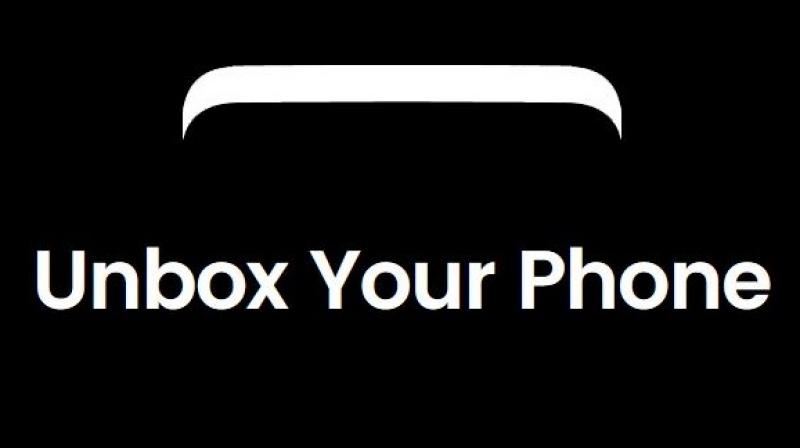Bixby may be a tongue-twister

It would be wrong if we said the tech arena is not excited about the launch of the Samsung Galaxy S8. The smartphone which has already started breaking record on benchmark platforms even before it has made its debut. Along side the Galaxy S8 Samsung will be launching the much acclaimed digital voice assistant Bixby. Yet before all that happens, Bixby could be hard for some users to call upon because of the placement of one letter “x’.
The "x" in Bixby sounds essentially like a "k" and an "s" combined, which is difficult for many people around the world to say, according to linguists, including for those in Samsung's native South Korea.
"Lots of languages do not allow for certain kinds of consonant clusters," William Idsardi, head of the linguistics department at the University of Maryland, said in an email.
The main problem as he stated is by the fact that a "b" comes right after the "x," making it a three-consonant cluster ("k", "s" and the "b"). In languages such as Korean and Japanese, speakers would have to put an extra vowel in between the "x" and "b" to make it possible for them to say. That's something that competitor Alexa manages to avoid, despite having an x in its name. So does Samsung's "Galaxy".
Samsung however is not the only one to go through naming issues. Apple had faced issues with its digital assistant ‘Siri’ when it noticed that the “si” became “shi” in Japanese pronunciation and “shiri” becomes a word for one’s posterior in Japanese.
While it is easy to pile on to Samsung for its linguistic issue, the truth is that it is very difficult to choose a name for anything, stated Barbara Kahn, a professor of marketing at the University of Pennsylvania’s Wharton School.
And when it comes to voice assistants, picking an uncommon word is important. Tech firms must choose names that won’t be confused easily with other words, or words that could be used in everyday activities, so that the assistant doesn’t trigger by accident. But the word must be also easy so that it becomes easy for the assistant’s microphone to understand.
In that way, Sutton said, Samsung chose a good word. Having a consonant cluster flanked by two vowel sounds, she said, makes "Bixby" both unique and easy to pick up for a computer. Alexa, she said, also uses this trick. The pattern is also repeated in another trademark, "Kestra," that Samsung registered for voice assistants in the US Trademark Office's public database.
Overall, Kahn says that Samsung did a good job picking a name. And, in the end, the name is only part of the equation. If Samsung proves Bixby has value to its customers - however they say it - that's what will make or break the assistant. "Ultimately, what your brand name means is what consumers think it means," she said.

